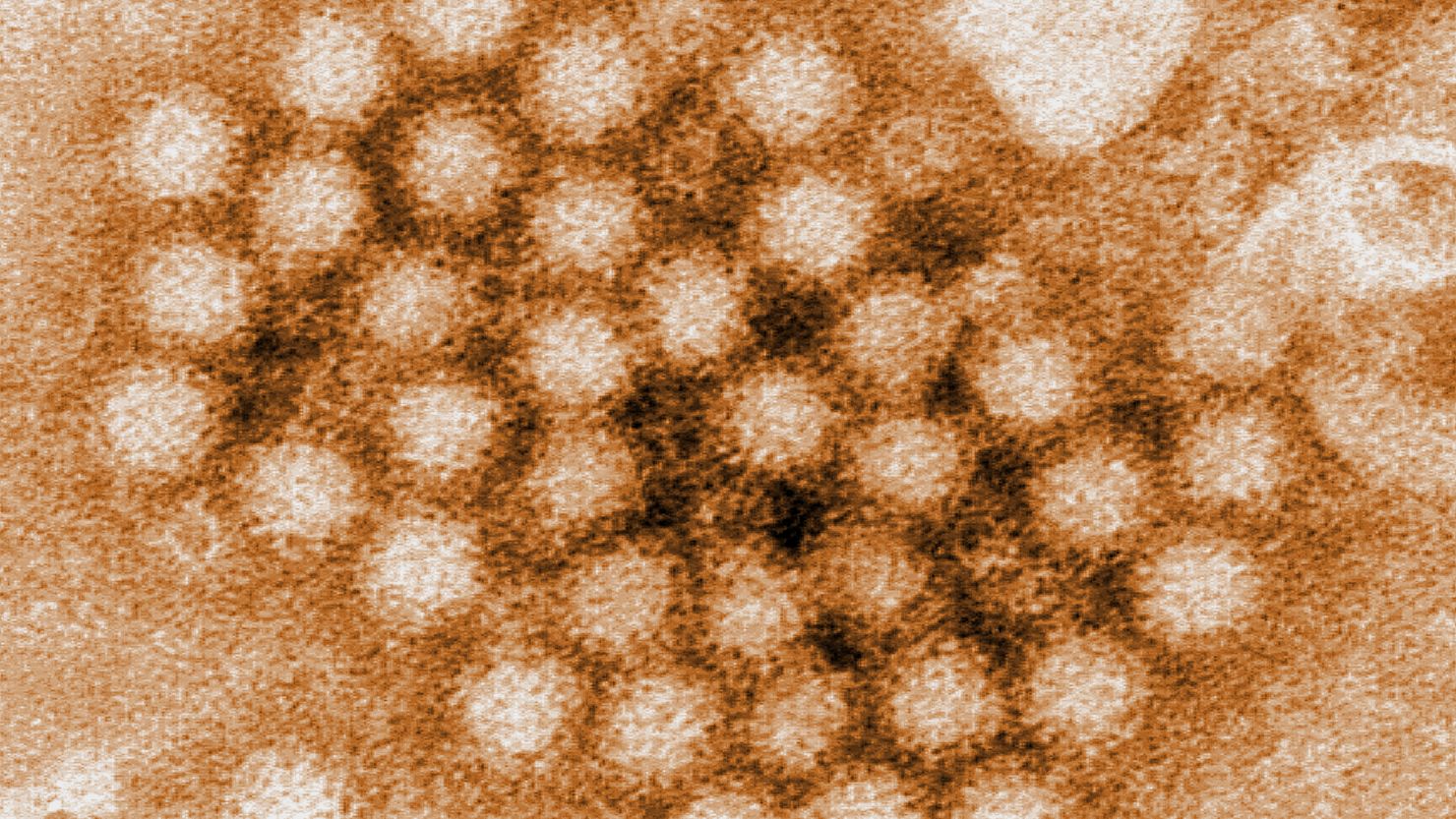Cases of norovirus in the United States are currently following seasonal patterns, according to the latest data from the US Centers for Disease Control and Prevention (CDC).
For the week ending February 17, CDC data indicates that over 12% of tests for norovirus returned positive results, marking a slight increase from the previous week’s 11.5%.
In the Northeast region, the positivity rate was even higher, exceeding 13%. This increased rate has persisted since late January.
However, current levels are lower compared to the same period last season, when around 15% of tests were positive both nationally and in the Northeast.
Norovirus outbreaks are typically most prevalent in late fall, winter, and early spring, as highlighted by the CDC.
Norovirus, a highly contagious virus known for causing gastrointestinal symptoms, is the leading cause of acute gastroenteritis (commonly referred to as a stomach bug) in the US.
Each year, it contributes to between 19 million to 21 million illnesses, frequently occurring in densely populated settings like nursing homes, day care centers, and cruise ships.

The virus spreads through direct contact with infected individuals, consumption of contaminated food or liquids, or contact with contaminated surfaces followed by touching the mouth.
Importantly, the CDC warns that infected individuals can continue to spread norovirus for two weeks or more after their symptoms have subsided.
Common symptoms of norovirus include diarrhea, vomiting, nausea, and stomach pain. While there is no specific treatment for the virus, health experts recommend staying hydrated by consuming plenty of fluids.
Preventive measures advised by the CDC include thorough handwashing, rinsing fruits and vegetables, and ensuring shellfish are cooked thoroughly.
Earlier this year, the US Food and Drug Administration (FDA) issued a warning against the sale and consumption of specific oysters from Baja California and Mexico due to potential norovirus contamination.
In a notable incident from December, more than 200 suspected cases of norovirus were linked to a sushi restaurant in North Carolina, underscoring the virus’s potential to cause localized outbreaks.
